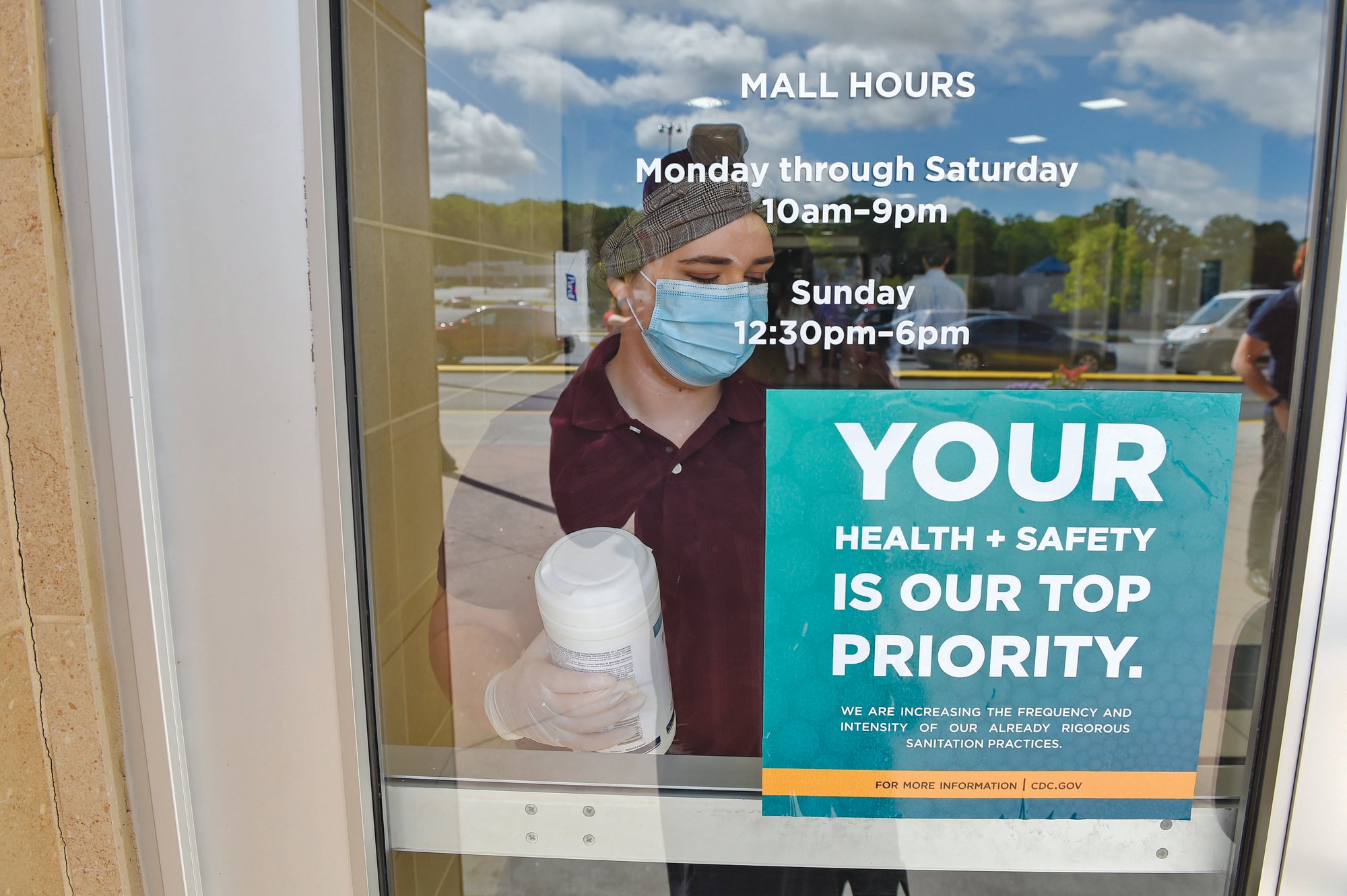COVID-19 downturn eating away S.C. budget estimates
The Associated Press
COLUMBIA - A cautious group of economists decided Monday to cut the amount of taxes, fees and other revenues South Carolina expects to collect this budget year by about $52 million in large part because of the COVID-19 pandemic.
Before the pandemic, the economists predicted South Carolina would have more than $800 million extra to spend. Now, that number is cut to about $86 million with plenty of caveats that may be too high if COVID-19 roars back, consumers stop spending or some other economic crisis arises. Or it could be too low if the virus peters out or a vaccine is rapidly developed.
"We'll keep hoping for the best, but we're going to keep planning for some more difficult times," said state Revenue and Fiscal Affairs Office Executive Director Frank Rainwater, whose agency is responsible for predicting how much money lawmakers will have to spend.
South Carolina isn't as close to teetering on the brink of a big budget problem in the 2020-2021 fiscal year as Rainwater's estimate by itself might indicate. The state also has $775 million additional in reserves, much of it saved from the past two budget years when the economy was booming.
And the estimates don't include another windfall that emerged Monday when South Carolina Attorney General Alan Wilson announced the federal government would pay the state $600 million - minus lawyer fees - to settle fines and a lawsuit over missing deadline to remove nuclear material from the Savannah River Site near Aiken.
The Board of Economic Advisors approved Rainwater's estimate and is sending its thoughts to lawmakers, who return Sept. 15 for a two-week special session to write the state spending plan for the budget year that started July 1.
The General Assembly decided to wait to see if they could get any clarity on the problems COVID-19 has caused the economy. Concrete answers still aren't there
Rainwater's latest estimate cut money from sales tax revue and accommodations taxes as events like Clemson and University of South Carolina football won't play in front of sellout crowds. It even shaved $600,000 from the revenue the state gets from bingo games.
Board members said they appreciated the caution, because having to cut money from state agencies in the middle of the year can cause long-term problems - like happened during the Great Recession more than a decade ago, which took up to 10 years to recover from.
"There's just so many risk factors and so much uncertainty. We've been fortunate so far. We need to continue to be fortunate," board member Emerson Gower said.
When the state thought it had an additional $800 million, the House agreed to a budget in March that gave all teachers raises, cut taxes, improved roads and increased security at prisons.
Almost all of that is up in the air now. Gov. Henry McMaster has suggested copying and pasting last year's spending plan into this year's budget, and saving any surplus until the pandemic subsides and the economy stabilizes.
Budget leaders in both the House and Senate said they plan a careful approach to spending in this year's budget.
The Senate Finance Committee meets virtually Tuesday for its first discussion on what to do about the 2020-2021 budget.
More Articles to Read

